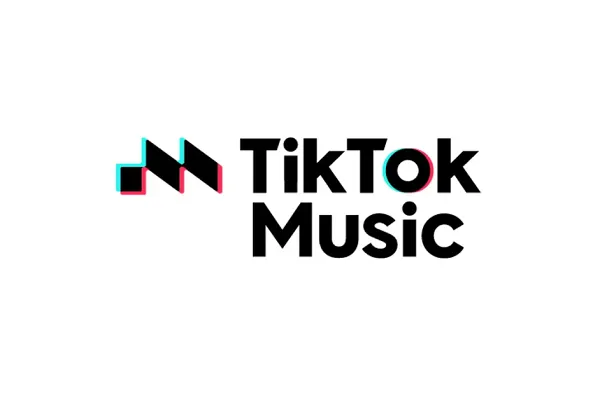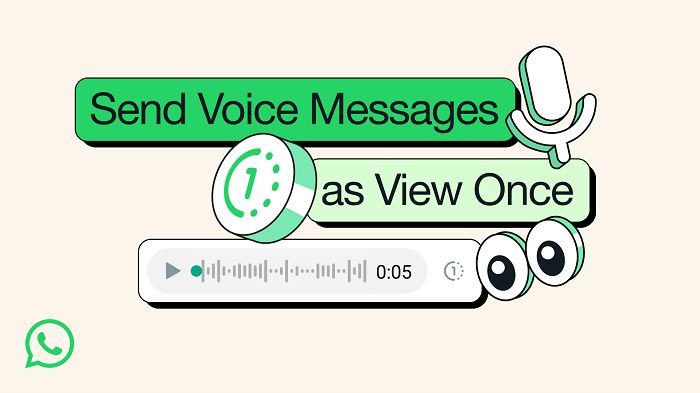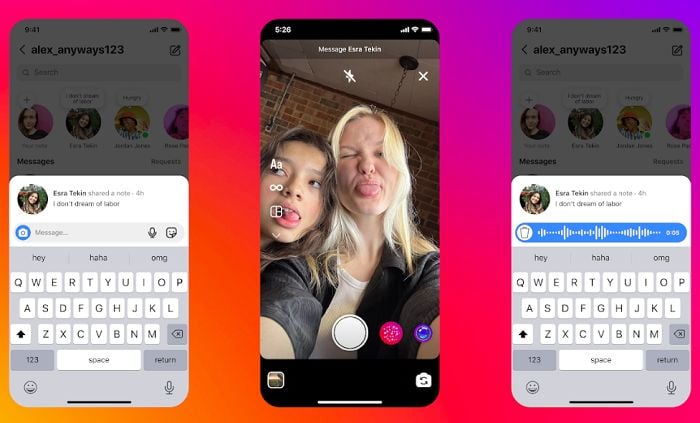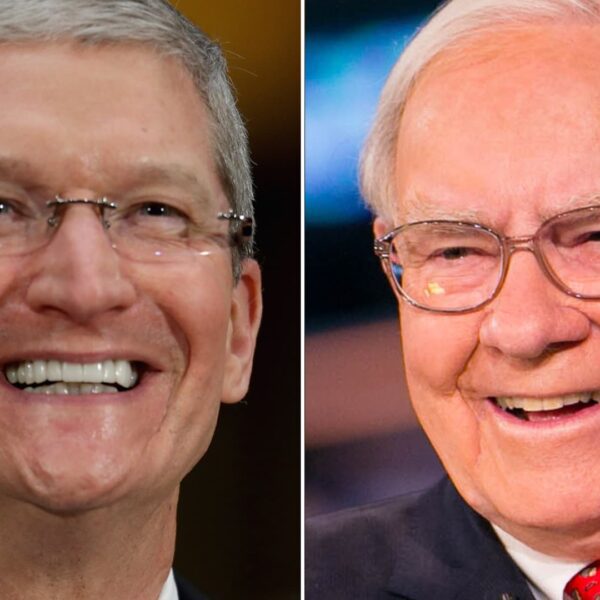In news that will impact… well, very few people in all honesty, TikTok has announced that it’s shutting down its separate “TikTok Music” streaming app, after various operational challenges and limited user interest.


TikTok Music was initially launched in India in late 2019, under its original name “Resso,” which aligned with TikTok’s own meteoric rise in the nation. And while TikTok was banned in India in 2020, somehow, Resso avoided the same restriction.
Yet, even so, Indian users didn’t show a lot of interest in TikTok’s own streaming provider. And when the app was eventually banned by Indian authorities earlier this year, it was pretty much already on the outs as a viable alternative in the region.
TikTok renamed Resso to “TikTok Music” last year (which may have led to its ban in India), and re-launched it in Brazil and Indonesia. It also expanded access to selected users in Australia, Mexico, and Singapore as part of a closed beta test.
But music licensing disputes and failure to gain traction against incumbents will now see TikTok re-align its approach around its main app instead.
As per TikTok:
“We will be closing TikTok Music at the end of November in order to focus on our goal of furthering TikTok’s role in driving even greater music listening and value on music streaming services, for the benefit of artists, songwriters and the industry.”
The TikTok Music website now has a message advising users of its pending closure:
“We are sorry to inform you that TikTok Music will be closing on November 28, 2024. After this date, access to TikTok Music, including login, subscriptions, and all other functionalities, will no longer be available.”
Users can transfer their playlists from the app (up till October 28th), while users can also request refunds from the service (up till November 28th). TikTok will delete all user account info after that final date.
As noted, it’s not a big shift in the broader social media or music landscape, as TikTok Music never really gained traction as an alternative streaming provider.
The idea was that TikTok would be able to solidify its connection to the music industry, by not only acting as a key promotional platform for artists, but also a direct provider of their work. TikTok’s parent company ByteDance has tried the same approach in China, with another separate streaming app, but Douyin, like TikTok, remains its main focus, and main driver of interest.
Really, it was always a gamble in taking on the established players in the space, and I doubt TikTok is overly surprised that it didn’t work. But it gave it a shot, and while it hasn’t enabled it to expand its empire, it’ll likely help to improve TikTok’s own music approach.














